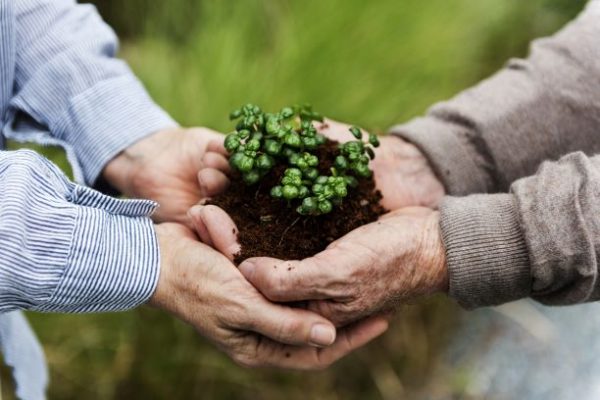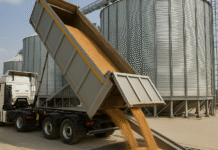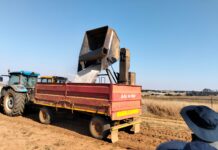Sustainability White Paper, by Bjorn Thumas, TOMRA Food´s VP Business Development, Product Management Food Sorting and Marcom Food
While you may think you know what the word ‘sustainability’ means for your business, in reality it isn’t just about introducing environmental initiatives nor is it about standalone Corporate Social Responsibility (CSR) programmes.
So, what is sustainability? In short, sustainability is the efficient use of resources, which is vital for ensuring food supply for future generations. And technology is the answer to making the food sector more sustainable, efficient and profitable.
There is a common misconception among businesses that being sustainable will cost money. In fact, sustainability and profitability are linked, as both rely on the most efficient use of resources, and taking action to prevent food waste could save businesses €341 million a year, according to the Waste and Resources Action Programme (WRAP).
The Sustainability White Paper, by Bjorn Thumas, Director business development food, TOMRA Sorting Food, explains how Automating food processing lines with the right technology can improve sustainability in many ways, according to the European Parliament’s report ‘Technology options for feeding 10 billion people’, such as “optimizing product quality, reducing quality losses and defects, and decreasing energy and water consumption.” The White Paper is available for download below.
It is worth looking at each of these benefits in more detail:
Reducing food loss and waste
In-line sensor-based sorting machines are very effective at optimising product yield, ensuring quality and maximising profits.
Previously, when bad weather conditions damaged a crop, it would go to waste. For example, following a potato blight or hail damage to blueberries, the food producers would decide not to recover any of the crop at all. Now, food producers who partner with us can recover a small percentage of the crop through ‘reverse sorting’, removing the majority of bad input and recovering the one or two percent of good product available. In the past, this would have all gone to
These technologies and platforms are inspiring companies to think outside of the box. Whereas in the past waste was waste, now processors have multiple waste streams depending on the quality of product: a misshapen carrot can be diced or juiced, a lower-grade one will be used for cattle feed, and only truly defective ones will be rejected.
Reducing energy consumption and emissions
Some machines such as peelers can reduce energy use through recycling and reusing. For example, TOMRA’s Eco steam peeler uses 28 percent less steam than similar machines, making it the most efficient steam peeler in the industry, simply by reusing hot air. This reduces emissions, increases efficiency and brings down energy bills for the business.
Similarly, while it was common for companies to freeze fruit and vegetables before sorting, new technology means they can reject defective product before freezing – optimising the yield and cutting energy costs.
Reducing water usage
Some technology solutions improve the efficiency of the whole processing line. Just as in the examples above, machines can now remove defects from salads and lettuce before washing them. This not only means that washing is more efficient, but also that water stays cleaner longer and needs replacing less frequently. As such, water consumption and waste water treatment is reduced significantly.









